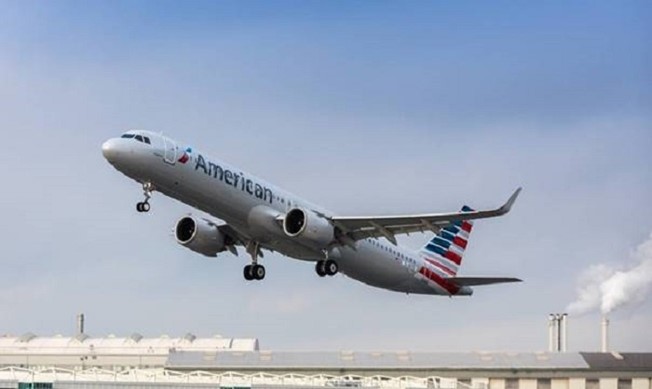American Airlines is being sued by the family of a man who suffered a heart attack and died onboard a flight to Miami because, they allege, the onboard defibrillator wasn’t working in violation of FAA guidelines.
Lawyers representing the family filed the lawsuit in a New York district court earlier this week, alleging that American Airlines “hastened the untimely death” of Kevin Ismael Greenidge due to their negligence in keeping the defibrillator in working order.
The family is seeking an unspecified amount in compensation for gross negligence leading to death, as well as damages for pain and suffering and a claim under the Montreal Convention, which places liability on airlines when a passenger is injured or killed.
Court documents explain how Kevin Greenidge was a passenger on American Airlines flight AA614 from San Pedro Sula in Honduras to Miami on June 4, 2022, when he suffered an apparent heart attack shortly after takeoff, went into cardiac arrest and became unconscious.
Flight attendants attempted to revive Mr Greenidge and tried to use an automated external defibrillator (AED), but the family alleged the defibrillator didn’t work because the battery was flat.
The family also accuse American Airlines of failing to train its flight attendants in basic resuscitation techniques. According to flight records, the Boeing 737MAX diverted to Cancun, Mexico, where it landed around an hour after departure, but Mr Greenidge could not be saved.
The Federal Aviation Administration (FAA) requires commercial passenger airlines in the U.S. to carry a working FDA- approved AED on all aircraft with a payload capacity of more than 7,500 pounds, with at least one flight attendant.
In practice – this generally means that any passenger flight with a capacity for 30 or more passengers should have an AED onboard.
Federal regulations stipulate that the onboard AED should be regularly checked to ensure that it is in working order. If the AED isn’t working, a flight can’t depart until a replacement AED is found.
If the AED was used on a previous flight, then an airline should have a spare battery and chest pads to ensure the AED can be used for the next flight or the flight cannot take place.
American Airlines did not immediately to a request for comment.
























